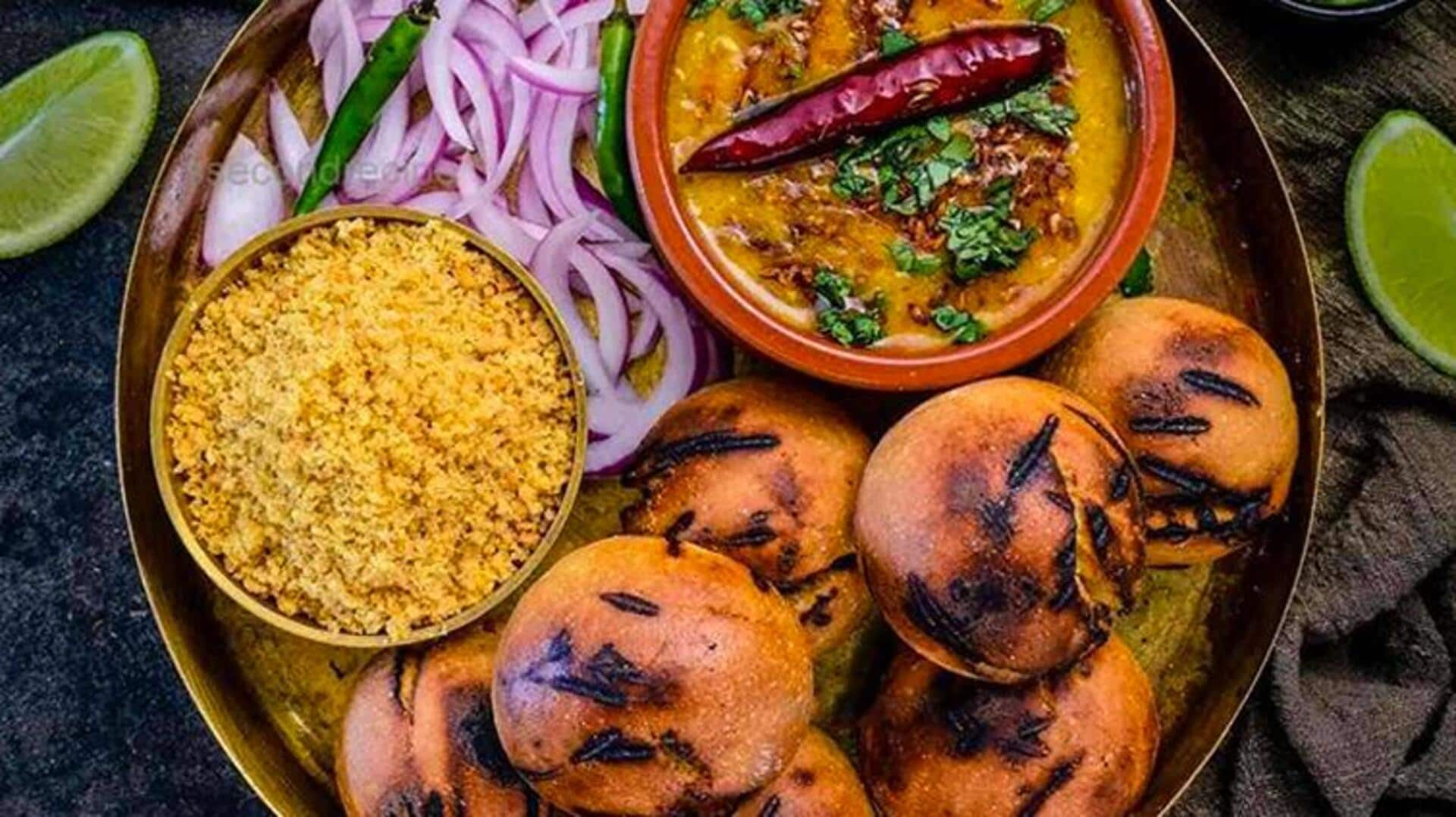
Essential ingredients that make Rajasthani cuisine so special
What's the story
Rajasthan, a state in northwest India, is celebrated for its rich culture and vibrant culinary traditions. Influenced by the arid climate, its cuisine uses ingredients that last well in dry conditions. This exploration delves into essential ingredients defining Rajasthani cuisine, showing how they contribute to its unique flavors and the adaptability of its people to their environment.
Ingredient 1
The quintessential gram flour
Gram flour, or besan, is crucial in Rajasthani cuisine. Made from ground chickpeas, it's used in snacks like pakoras and sweets such as ladoos. Its versatility shines in savory dishes too, like gatte ki sabzi, featuring gram flour dumplings in a spicy yogurt gravy. Besides being a culinary staple, it's protein-rich and gluten-free, offering health benefits.
Ingredient 2
Must-have spices: Coriander and cumin
No Rajasthani dish is ever considered complete without the aromatic duo of coriander and cumin seeds. These spices, often used in tandem, season dishes with a warm, earthy flavor that's quintessentially characteristic of the region's cuisine. They serve not only as flavor enhancers but also boast digestive properties and are known to help boost immunity, making them indispensable in Rajasthani cooking.
Ingredient 3
The versatile yogurt
Yogurt is indispensable in Rajasthani cuisine, where it adds creaminess and a tangy flavor to various dishes, serving as a cooling element in the desert heat. It features prominently in both savory curries like kadhi, a yogurt-based gravy, and sweet desserts such as shrikhand. Beyond its culinary uses, yogurt's probiotics are beneficial for gut health, making it a valuable addition to the diet.
Ingredient 4
Desert beans: Ker sangri
Ker sangri combines wild berries (ker) and beans (sangri) from Rajasthan, often made into pickles or spiced dishes. This ingredient highlights the adaptation of Rajasthani cuisine to its arid environment by using local resources. Not just flavorful, ker sangri is also nutritious, embodying the region's culinary heritage and the creativity of its people in leveraging what their land offers.